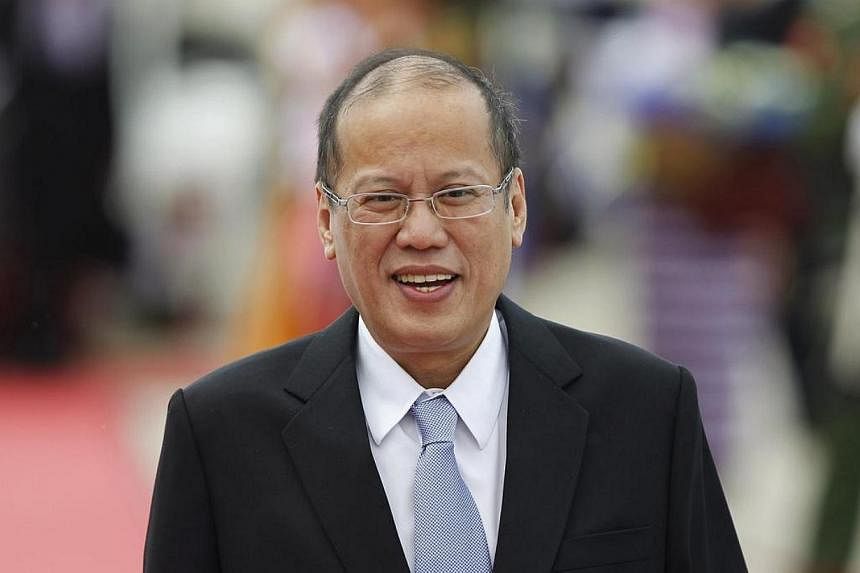MANILA - The Philippines is no longer the "sick man of Asia", as it is now a "viable destination for investments and tourists", President Benigno Aquino said on Wednesday during a courtesy call by the chief executives of South-east Asia's biggest companies.
"No longer are we the 'sick man of Asia'; we are now Asia's bright spot - a viable destination for investments and tourists," he said as he received members of the Asean Business Club who are attending this week's World Economic Forum on East Asia.

"The Philippines has consistently bucked the global trend, with economic growth remaining high, and even surpassing our targets," said Mr Aquino.
He also cited the investment-grade ratings that the Philippines has received from Moody's, Fitch Ratings and Standard & Poor's as "proof positive… that we can reach greater heights".
The Philippines has often been referred to as Asia's "sick man" because of its long periods of inconsistent growth amid massive poverty.
In recent years, however, the country has enjoyed growth rates second only to China, hitting 7.2 per cent last year. Long-term foreign direct investments, meanwhile, surged 20 per cent to US$3.9 billion (S$4.9 billion) last year.
The country is also unlikely to suffer from a hard landing in China, unlike its neighbours Malaysia and Indonesia.
In an analysis released at the World Economic Forum on East Asia in Manila, research firm IHS said Asean remains vulnerable to a sharp slowdown of the Chinese economy, with Malaysia and Indonesia most at risk.
IHS chief Asia-Pacific economist Rajiv Biswas told The Straits Times in a phone interview on Wednesday that Malaysia, which has China as its biggest export market, would take the worst hit in 2016 and 2017, when growth there would only be by 3.5 per cent for each year from a projected baseline of 5 per cent.
The economy would then start to recover in 2018, when IHS expects it to rebound to 4.5 per cent.
Malaysia's electronics, commodities and tourism sectors would suffer most in the event of a China hard landing, he said.
Indonesia, meanwhile, will see growth shedding 1.8 per cent in 2018 from a forecast of 5.7 per cent, as coal prices fall due to dwindling demand from China.
Visit the WEF-EA site at http://www.weforum.org/events/world-economic-forum-east-asia-0

